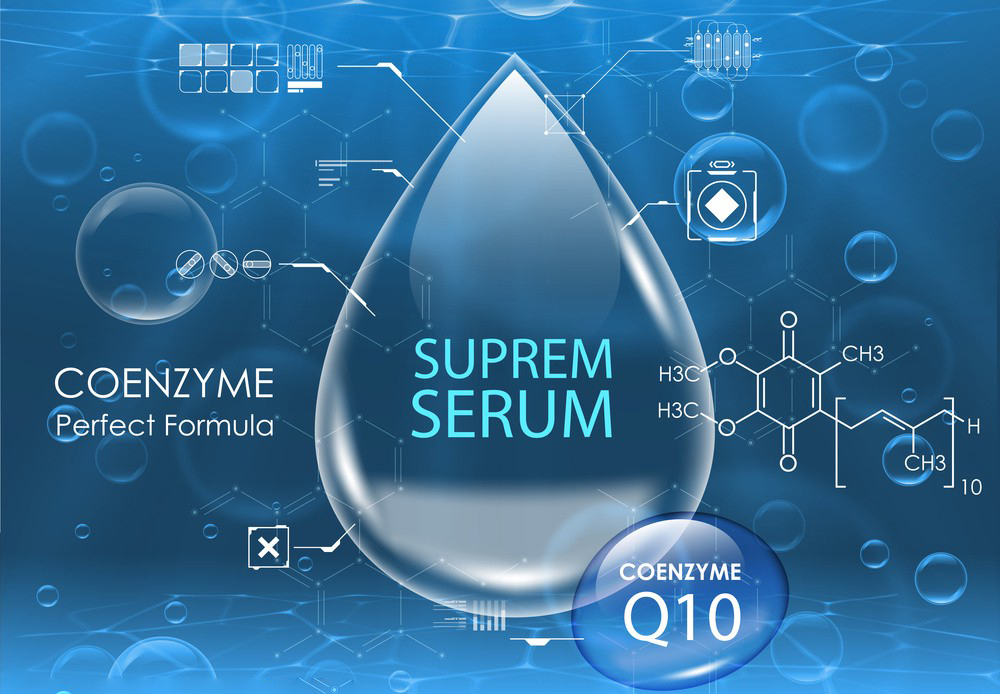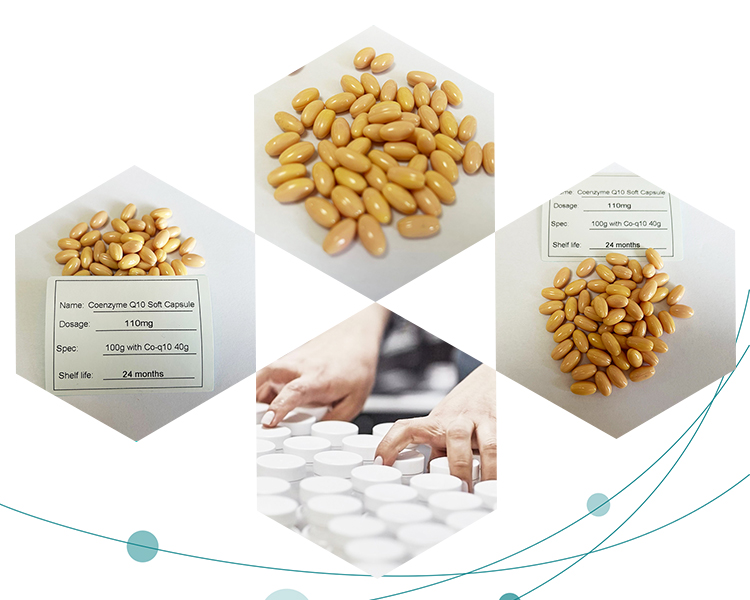Coenzyme Q10 capsules are dietary supplements that contain Coenzyme Q10 in a concentrated form. Coenzyme Q10 (CoQ10) is a naturally occurring compound found in the body, particularly in organs with high energy requirements such as the heart, liver, and kidneys. It plays a crucial role in energy production within cells and also acts as an antioxidant, protecting cells from damage caused by harmful molecules. Coenzyme Q10 supplements, usually taken in capsule form, are commonly used for various health purposes. Here are some pros and cons associated with Coenzyme Q10 capsules:
Pros of Coenzyme Q10 Capsules:
Heart Health: Coenzyme Q10 is believed to support heart health by helping to maintain the normal functioning of the heart muscle. It may also help reduce the risk of certain cardiovascular conditions.
Energy Production: Coenzyme Q10 is involved in the production of adenosine triphosphate (ATP), which is the primary energy source for cells. Supplementing with CoQ10 may help increase energy levels, particularly in individuals with deficiencies or certain health conditions.

Antioxidant Properties: Coenzyme Q10 acts as an antioxidant, scavenging harmful free radicals and protecting cells from oxidative damage. This may help reduce the risk of various chronic diseases and slow down the aging process.
Migraine Prevention: Some research suggests that Coenzyme Q10 supplementation may help reduce the frequency and severity of migraines, although more studies are needed to confirm its effectiveness.
Statins Side Effects: Coenzyme Q10 levels may be depleted by statin medications, which are commonly prescribed to lower cholesterol levels. Supplementing with Coenzyme Q10 capsules may help mitigate some of the side effects associated with statin use, such as muscle pain and weakness.
Cons of Coenzyme Q10 Capsules:
Limited Absorption: Coenzyme Q10 is a fat-soluble compound, meaning it is better absorbed when taken with a meal containing fats or oils. However, the absorption of Coenzyme Q10 from supplements can still be relatively low, leading to variability in its effectiveness among individuals.
Cost: Coenzyme Q10 supplements can be expensive, especially if taken at higher doses or for extended periods. This cost may be prohibitive for some individuals, particularly considering that insurance typically does not cover these supplements.
Potential Side Effects: While Coenzyme Q10 is generally considered safe for most people, some individuals may experience mild side effects such as stomach upset, nausea, diarrhea, or insomnia. Rarely, allergic reactions may occur in sensitive individuals.

Interactions with Medications: Coenzyme Q10 supplements may interact with certain medications, including blood thinners (such as warfarin) and medications for high blood pressure (such as beta-blockers). It’s important to consult with a healthcare professional before starting Coenzyme Q10 supplementation, especially if you are taking any medications.
Lack of Strong Evidence: While some studies suggest potential benefits of Coenzyme Q10 supplementation for various health conditions, the overall evidence is mixed and inconclusive for many uses. More high-quality research is needed to fully understand the effects of Coenzyme Q10 supplementation on different aspects of health.
As with any supplement, it’s essential to weigh the potential benefits against the risks and consider individual health status and needs. Consulting with a healthcare professional before starting any new supplement regimen is advisable, especially for those with underlying health conditions or who are taking medications.
